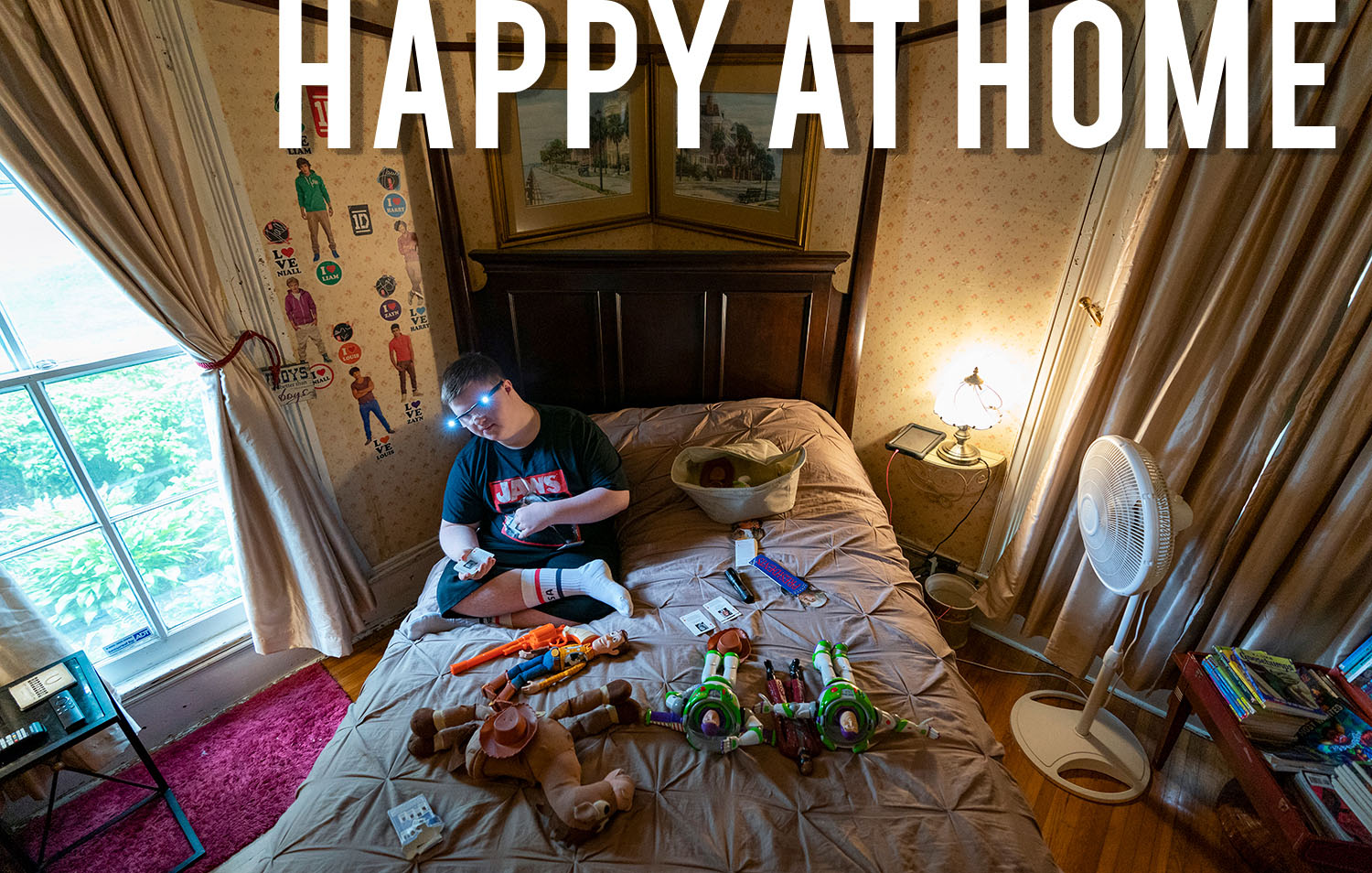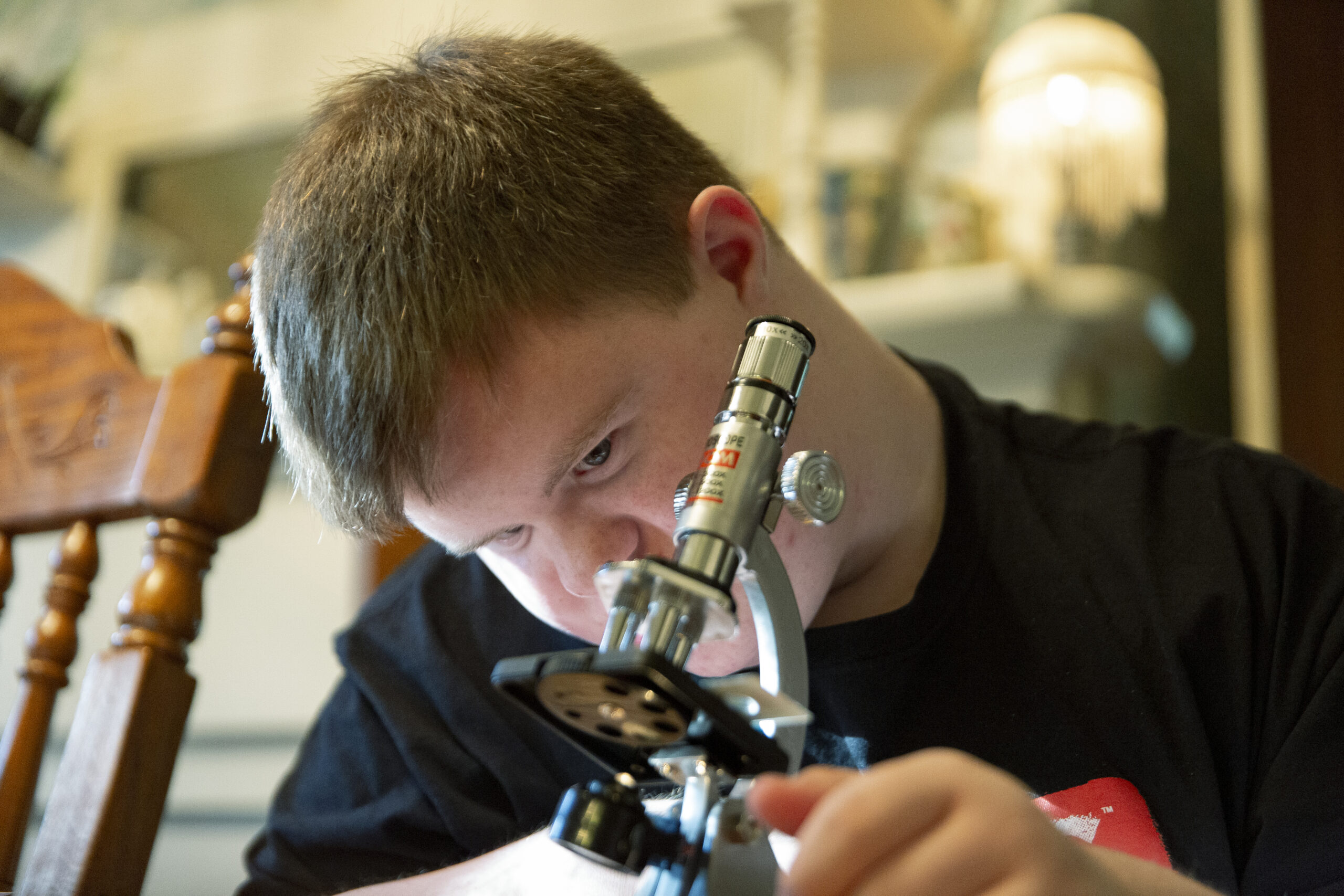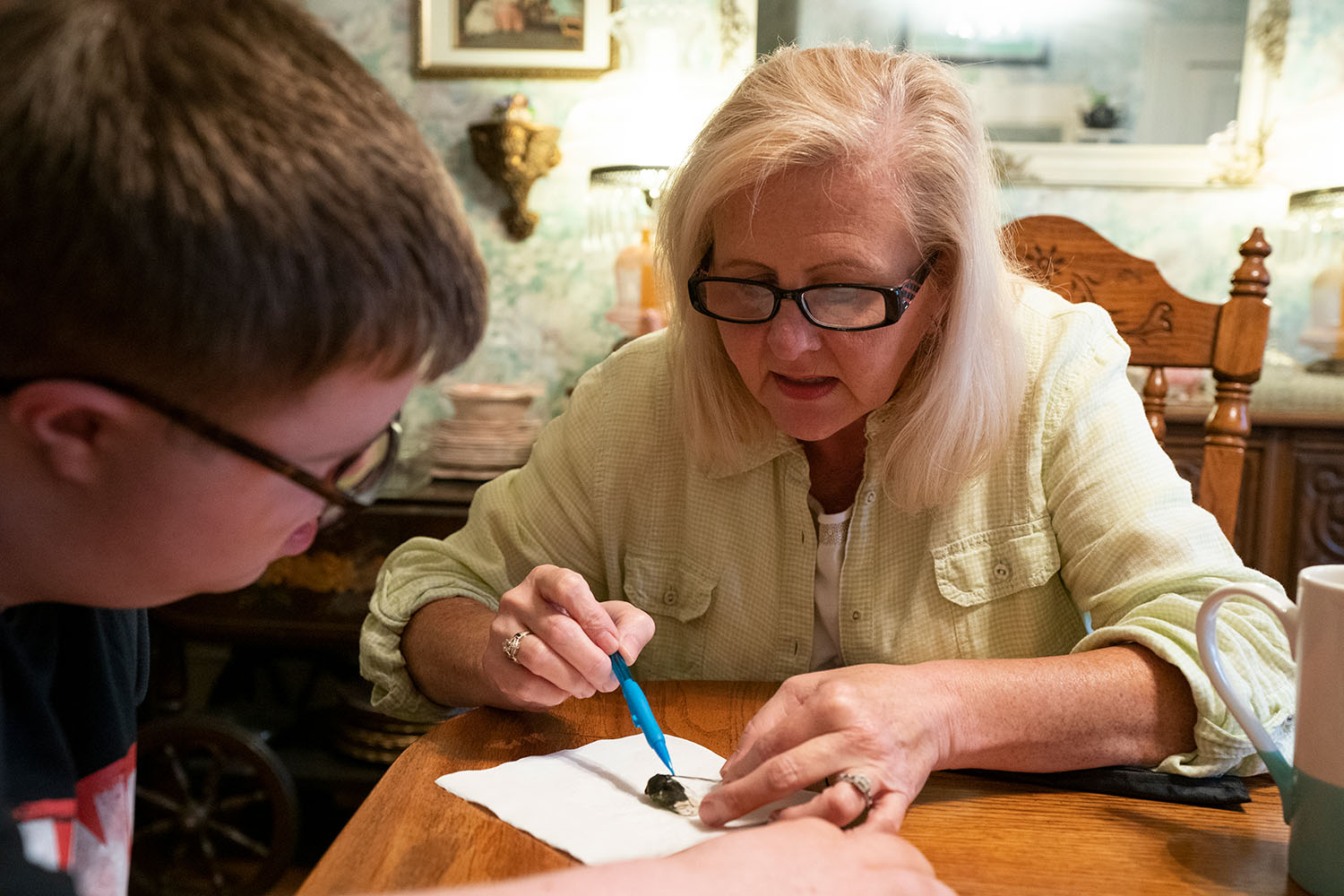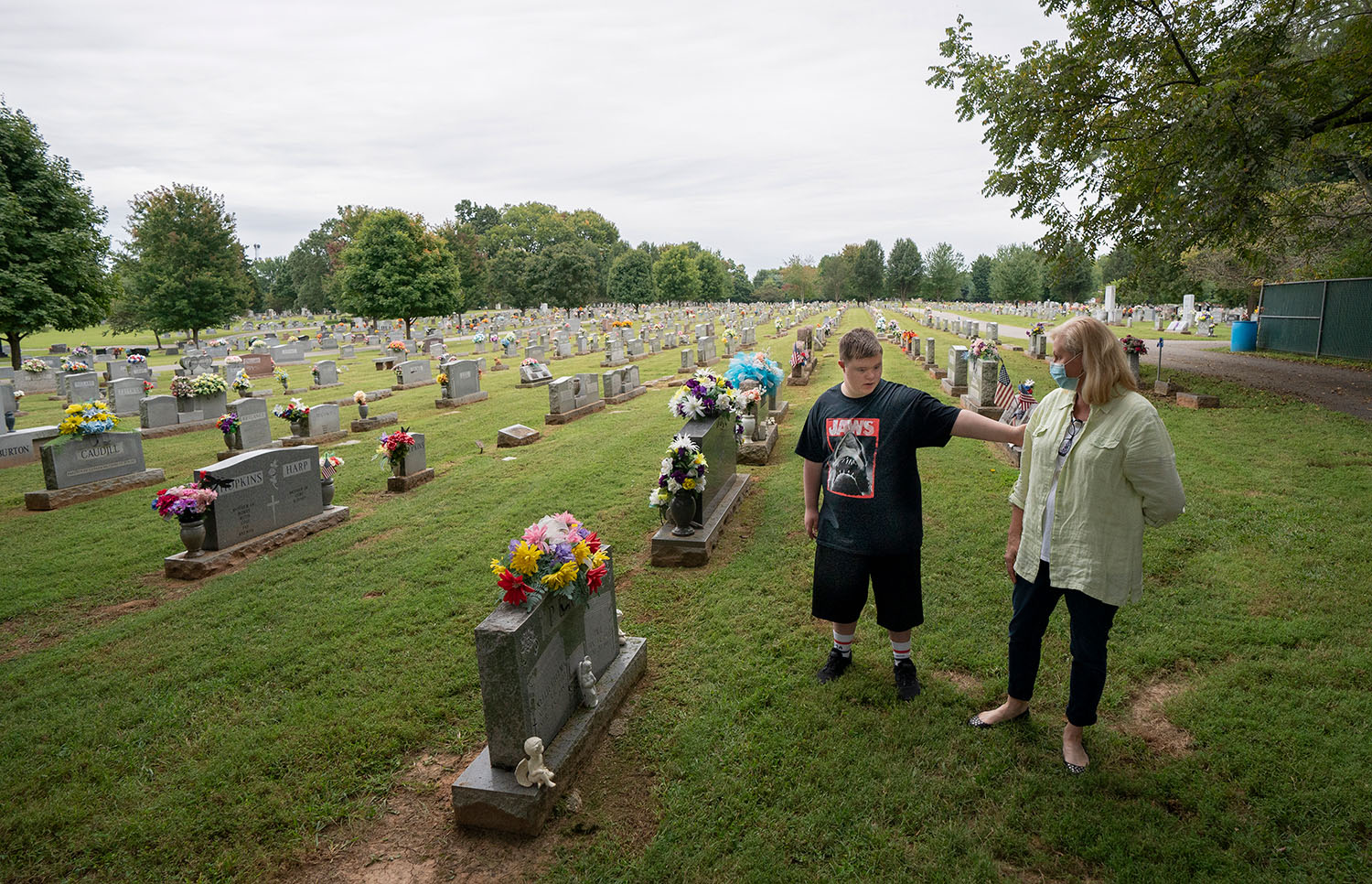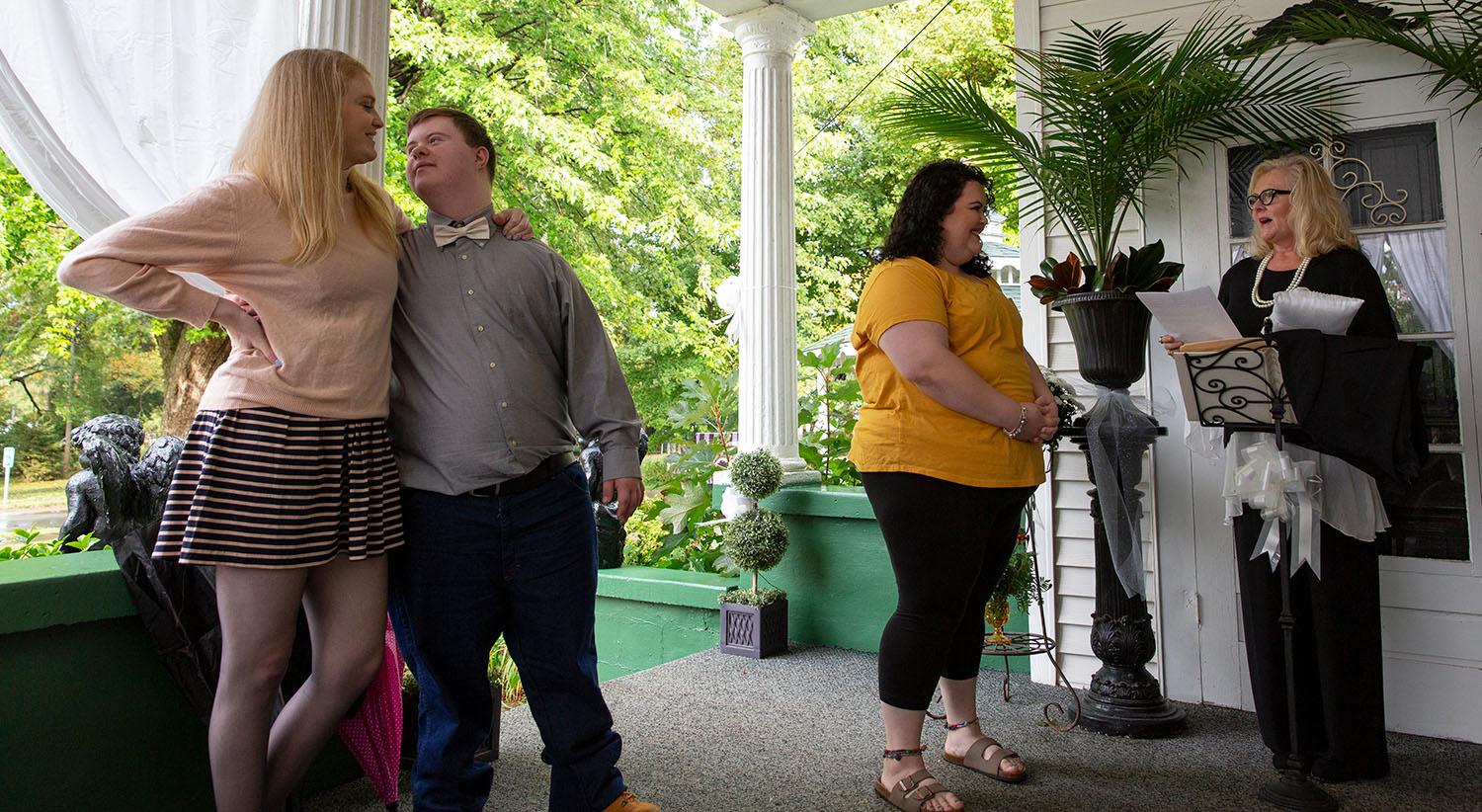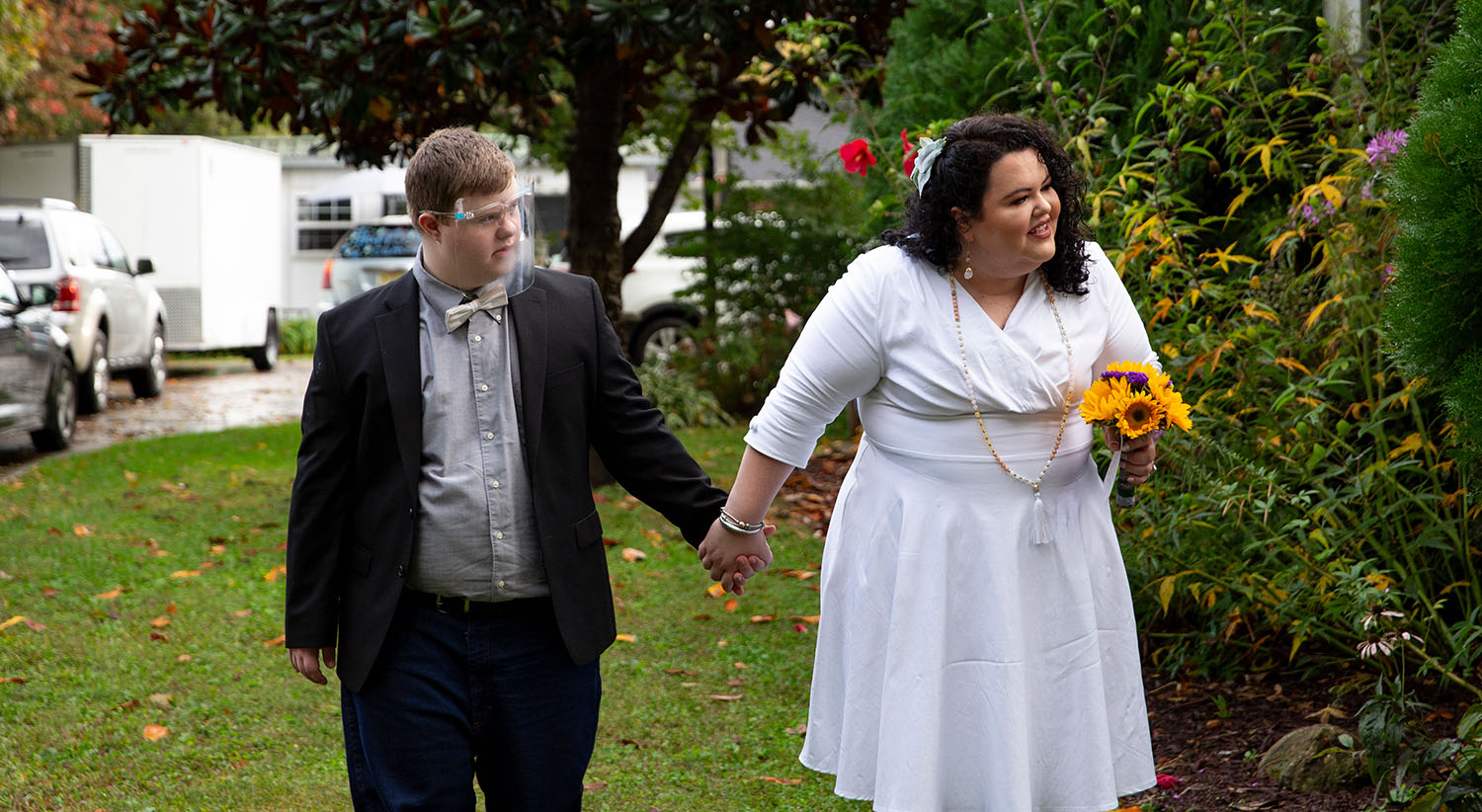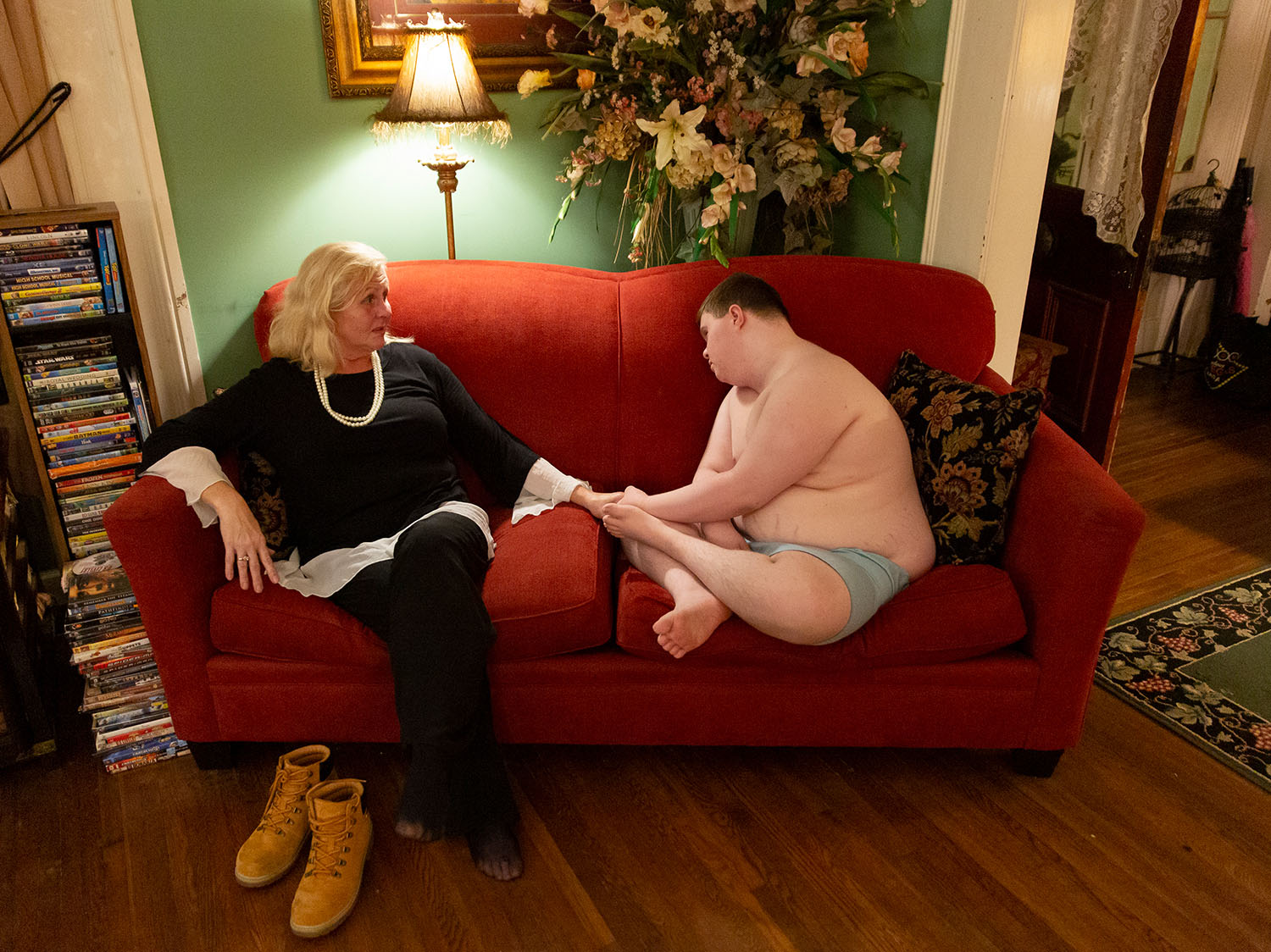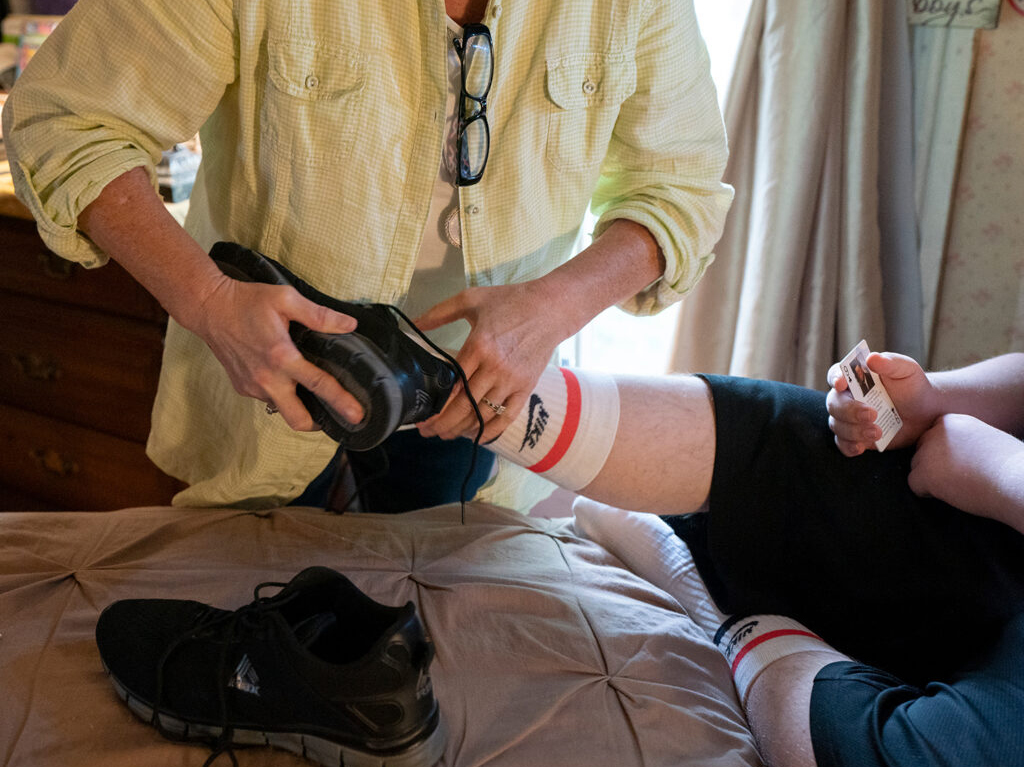In December 2019, the Combow family decided to remove their 15-year-old son, Cameron, who has Down syndrome, from his public school in Franklin. When the family noticed that Cameron was persistently tired and becoming more withdrawn, they chose to homeschool him full-time for the remainder of his eighth-grade year and on.
“I think that my child’s education is my responsibility, and the school is there as a resource,” said Nancy Combow, Cameron’s mother. “He would be so tired from being in the school environment. By 7 o’clock he would be done for the day.”
Cameron had been in the public school system since he was 3 years old. However, due to inadequate resources in some public schools, the special education programs are designed so there are students of all different grades, with different disabilities and different cognitive levels in one classroom.
“Most of the time is spent trying to get their attention,” Nancy said, “They might have had an hour of true instructional time a day.”
In this limited amount of instructional time, the teachers have to accommodate the lessons for all of the students’ various learning levels. Cameron was not being challenged in this setting. He is high functioning, which for Cameron means he is able to cognitively process information at a high level. Being high functioning can mean something different for each individual.

